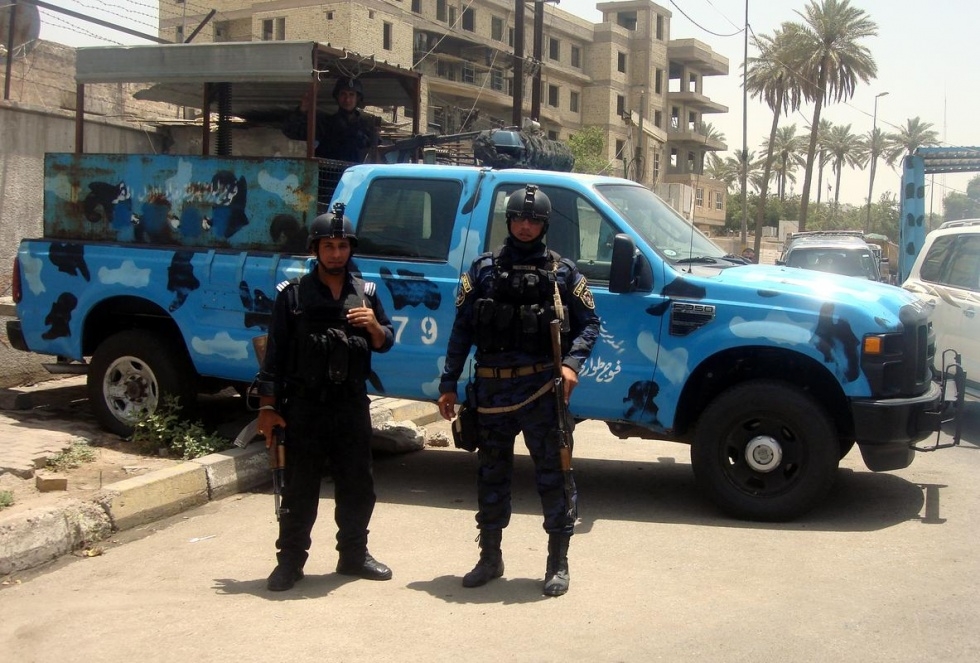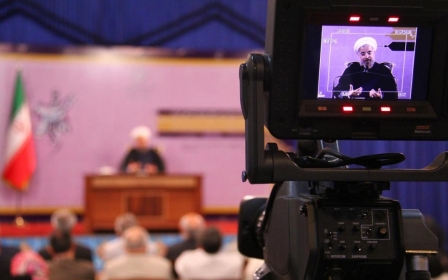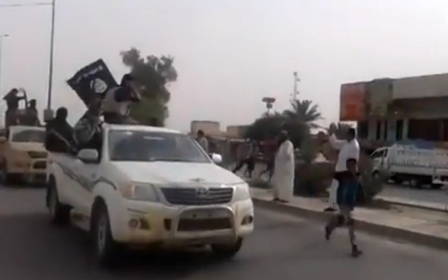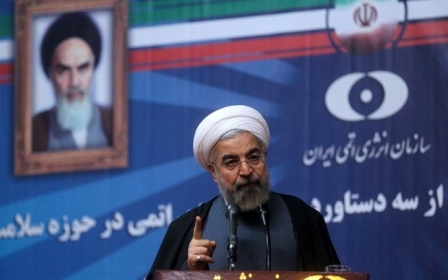Diverse groups make up Iraq's Sunni insurgency

A militant group has garnered headlines for an Iraq onslaught, but it is actually a member of a coalition unified only by a common enemy.
The swift assault, spearheaded by the Islamic State of Iraq and the Levant (ISIL), swept down from north Iraq last week, overrunning all of one province and major areas of three others.
ISIL has been the focus of international attention, but the onslaught also involves a raft of other groups that have little in common except anger towards Iraq's Shiite-led government.
But they are joined by other Sunni Arab groups, such as the Army of the Men of the Naqshbandiyah Order -- known by their Arabic acronym JRTN -- and the Army of Mohammed.
JRTN is believed to be close to Izzat Ibrahim al-Duri, who was vice president under Saddam Hussein and the most senior member of his regime still at large.
The Army of Mohammed battled US forces in Fallujah, and was also involved in the insurgent takeover of the city early this year.
"These groups are … receiving logistical support and propaganda and motivation from members of the Baath Party," an officer in Prime Minister Nuri al-Maliki's security office told AFP, speaking on condition of anonymity.
There are "ideological difference between (Baathists) and the jihadist organisations, but they are supporting ISIL in this phase because (they think) the enemy of my enemy is my friend," he added.
Members of Ansar al-Sunna, which claimed attacks against American forces, and the Islamic Army, which includes Saddam-era officers, are "also fighting government forces in this attack that the country is now witnessing," military expert Anwar Mahmud Khalaf al-Juburi told AFP.
"Even if they differ among themselves, they are coordinating and exchanging information," said Juburi, who was a general in Saddam's army.
Sunni Arab tribal leaders
Also apparently playing a role are unaffiliated armed tribesmen, whose prominence has risen after Maliki called on Sunni Arab tribal leaders to renounce links to the insurgency.
Toby Dodge, the director of the Middle East Centre at the London School of Economics, said that within the anti-government coalition, "you've got unaligned groups fighting, you've got previous nationalist insurgents, you've got the Naqshabandis, and you've got ISIL."
According to the officer in Maliki's office, "ISIL represents the main force that is in control and that is driving things."
But other Iraqi observers disagree, saying that ISIL's role has been deliberately inflated.
"Western powers, Arab countries and even Iran are making a mistake when they brand what is happening in Iraq as the work of ISIL. It reflects more their wishful thinking," Dr Sabah al-Mokhtar, an Iraqi-born observer who heads the Arab Lawyers Association in London, told MEE.
"The current takeover of cities is planned and predominately carried out by the 'Military Councils in Iraq', which are composed of Iraqis in cities that have suffered from sectarian oppression since the 2003 US-led invasion of their country," he added.
Mokhtar stressed that "these Iraqi fighters are led by senior officers in the former Iraqi army, who were fired once the US took control of Iraq."
Iraq is different to Syria
He also argued that the situation in Iraq is different to that in its neighbour Syria.
"Competing international and regional powers backed different sides in Syria. As a result, even the Syrian rebels became divided. But in Iraq, the Military Councils in Iraq are not influenced by any foreign power. They derive their strength from the support from within their cities," said Mokhtar.
According to Mokhtar, Maliki's call for volunteers to "fight in place of the deserting army shows his desperation," adding that "it is not logical to expect that the new recruits can do better than his fleeing army, which was trained by the Americans for ten years."
Meanwhile, Dr Burhan Al-Chalabi, former Chairman of the British Iraqi Foundation, warned against any further foreign intervention in Iraq.
"President Obama's Administration should not follow in the footsteps of its predecessor the Bush Administration by undergoing another military intervention Iraq, regardless of how small-scale it intends it to be," he told MEE.
"Instead, the US should advise [Maliki] to step down and allow Iraq to build itself as an independent peaceful state," he added, while also warning against any Iranian involvement in Iraq, which he said would spell more catastrophic sectarian tensions in the region.
Middle East Eye propose une couverture et une analyse indépendantes et incomparables du Moyen-Orient, de l’Afrique du Nord et d’autres régions du monde. Pour en savoir plus sur la reprise de ce contenu et les frais qui s’appliquent, veuillez remplir ce formulaire [en anglais]. Pour en savoir plus sur MEE, cliquez ici [en anglais].





